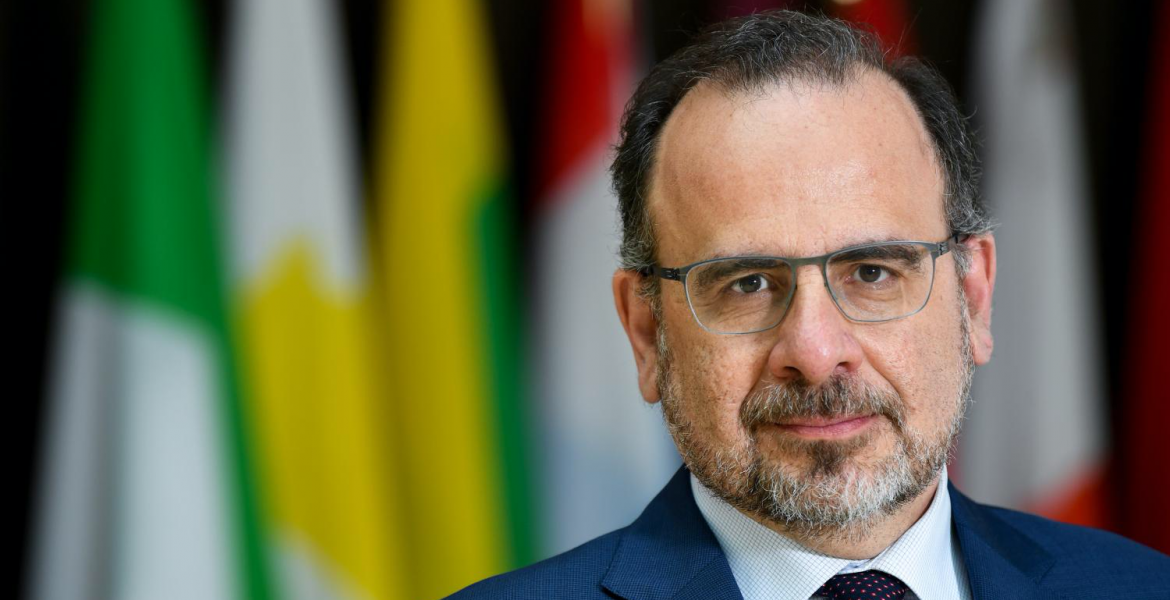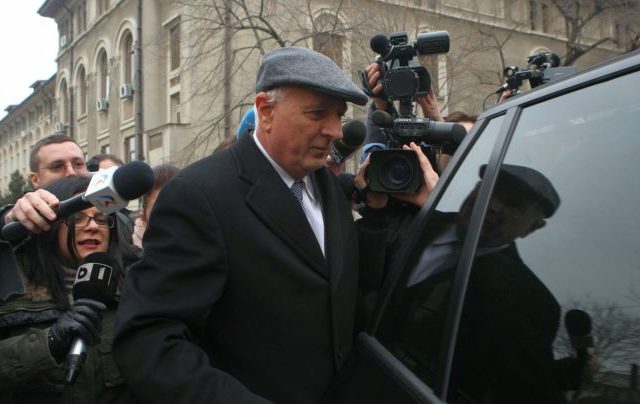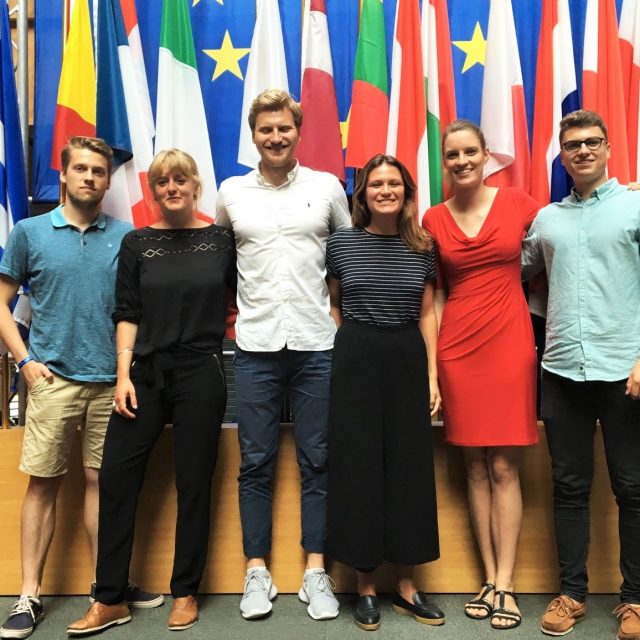Statement by Luca Jahier, President of the European Economic and Social Committee:
For weeks, I have been seriously concerned about the news filtering on the preparation of the Extraordinary European Council, which is expected to discuss the Multi-Annual Financial Framework on 20 February. Today EP plenary debate in Strasbourg has fully confirmed my long-standing concerns.
I fully support the action and the approach of the European Parliament, which is fiercely fighting for an ambitious European budget and urge the Council to align its future position on the one voted upon by MEPs and the one of the European Economic and Social Committee.
The Council has not made good progress on this file, which is absolutely crucial. The issue is now in the hands of the President of the European Council, Charles Michel, who will have the difficult task to propose a new text, on the basis of bilateral meetings he conducted in the last weeks.
The lack of converging views is worrisome to say the least. The new Commission, starting with President von der Leyen’s speech in July, showed commitment and ambition.
The adoption of the European Green Deal in December 2019 has been the first major act that confirmed a new political momentum. The 2020 work programme of the Commission is, in the same vein, equally ambitious.
But – and there is a but – if we want to deliver on an ambitious European agenda, then there is no secret: The EU needs adequate resources. If the Members States are not available to pay more for fulfilling ambitious priorities they already agreed, they have to allow consistent own-resources.
Already on 2 May 2018, as EESC President I praised the Commission’s proposal on the MFF for some novelty elements, but I warned that a EU budget based on 1,13 % GNP was not enough. We need to go at least up to 1,3%.
On the size of the budget, let me stress that the EESC’s position is in line with that of the European Parliament and the Committee of the Regions, which obviously is just as aware as we are that the challenges lying ahead call for adequate financial means.
If the EU will not even be in the position – from the very start – to deliver, then we will betray the European voters who, not later than last May, gave, through their vote, a resounding message: “We (still) believe in Europe, its values and its policies”.
As things stand, we risk heading for the worst budget ever. To adopt an EU budget, whose size would be close to 1%, or just above – would not only send the wrong political message, but it would weaken the European Commission’s capacity to deliver.
The Commission, notably on the basis of the Monti’s report, has insisted, in its proposal on the own resources. It is about time that the EU looks seriously at this and other financial options or we risk to have a budget that will decrease.
To the Member States that are tempted in cutting the EU budget and particularly the “old” policies such as the Common Agricultural Policy and the Cohesion Policy, I say: These policies are not policies of the past, they are the very face of Europe for many European citizens! They represent, more than ever, the starting point on which to base the future of Europe: they support economic growth, employment and they support the European Green deal! They point to the future, not to the past.
Time is running out. We are already very late. A good conclusion could be agreed in a very short time, provided there is a clear political will. It’s time to be coherent, it’s time to challenge the Council and move to reach an agreement.




